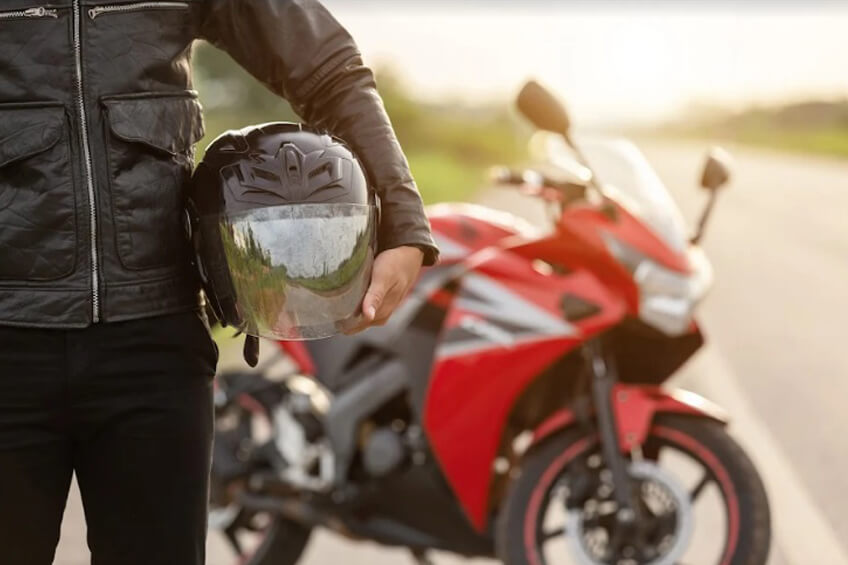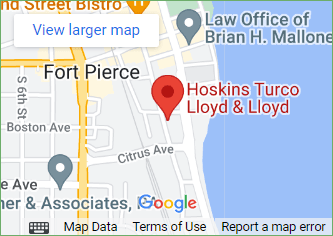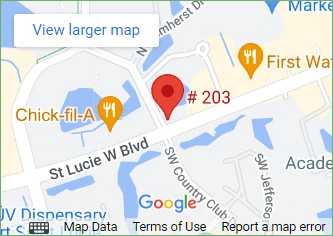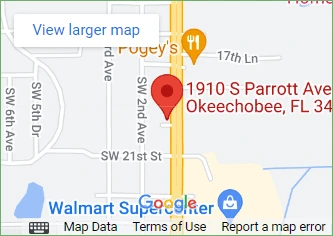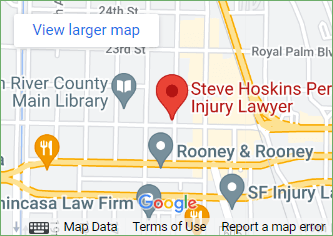Auto Accident Settlement
Can I sue after motorcycle accident?
With fewer restrictions than a traditional vehicle, motorcycle riding is a thrilling experience, unparalleled to any other means of transport. For many, motorcycle riding is a way of life. The exciting ride does come with a fair share of hazards, though. Specifically in Florida, motorcyclists face the most dangers as the state with the highest rate of related fatalities (consistently throughout the last few years).
Florida has many protective measures to ensure the safety of its riders, like developing a state-wide Florida Rider Training Program to prepare interested bikers for the road and develop cautious riding skills. Although defensive driving programs are enforced, sometimes there is simply no way to avoid an accident. If you’re asking the question: “Can I sue after a motorcycle accident?“, chances are you’ve experienced that unfavorable event or are acting on behalf of someone in a similar situation. A Florida motorcycle accident lawyer is there to help you and can guide you through the process of seeking compensation for all of your damages.
If you’re looking to sue for damages related to a motorcycle collision, there are a few things you need to know first.
Florida PIP Insurance and What It Means for Bikers
The Sunshine State is one of the 10 states in the U.S. that has a no-fault law. This system means that in the event of a motor vehicle accident, you would report the collision to your insurance company regardless of who was at fault. Your claim would be processed within your insurance company from start to finish, and you would rarely interact with the other party’s insurance, except in cases of a serious injury or when your damages exceed your no-fault policy limit.
In order to file a PIP claim under your policy, be sure to seek treatment from a licensed doctor within 14 days of your accident. Also, know that your situation must technically be considered an emergency in order to receive the full amount of benefits, which cover 80% of all emergency costs. If a situation is a non-emergency, as determined by a physician, it can still be covered by benefits, but only up to $2,500.
Florida has chosen a no-fault system in an effort to reduce the amount of effort needed to recover compensation after a collision, and also to reduce liability claims fraud. As a no-fault state, all Florida drivers are required to have at least $10,000 in Personal Injury Protection (or PIP) insurance. Unfortunately, this insurance does not automatically cover motorcyclists. Some injured riders are regrettably informed that their PIP insurance does not cover their collision.
Fortunately, there are other insurance options for Florida bikers, such as Medical Payments or “MedPay” protection similar to the standard PIP insurance for cars.
Generally, it is not recommended for Floridians to sue for damages from an accident unless the injuries are considered severely debilitating, disfiguring, permanent, or if the accident resulted in a death. Because of the hazy laws regarding motorcycle accidents in Florida, it is always best to get a legal opinion to determine what forms of insurance might be available, including from any at-fault drivers or other parties. Fortunately, the team at Hoskins, Turco, Lloyd & Lloyd offers completely free consultations to help you determine the best path towards recovery.
Will I Need to Sue After a Motorcycle Accident?
Most motor vehicle collision cases in Florida can be settled through an insurance claim. You may be able to recover the majority of your expenses through a PIP claim with your own insurer, but in the event of a serious injury or medical bills that exceed your policy coverage, you will need to file a liability claim to recover the remaining losses.
The good news is that liability insurance pays for the damages that PIP won’t cover. There is no benefit for pain and suffering on PIP insurance, for example, and even in cases of emergency, the policyholder is expected to cover 20% of all medical expenses. Filing a bodily injury liability claim against all at-fault parties allows you to recover these losses, and it can be a literal lifesaver when your injuries require expensive care.
Even when filing a liability claim, it is not likely that you will need to sue someone in order to recover your damages. However, if an insurer refuses to pay for a claim or the defendant refuses to accept liability, a lawsuit may be the only way to compel them to offer a reasonable settlement. In the event negotiations do not progress once the lawsuit has begun, then the case may proceed to a jury trial, where your damages will be sought in the form of an award.
Building a Case for Your Motorcycle Accident
When moving forward with any kind of litigation, relevant evidence is necessary to build the strongest case in your favor. The first step after an accident would be to get checked out by a primary care doctor, or in more extreme cases, an ER team.
Keep a record of all medical visits and what they documented — proving the severity of said injuries is important for your case. Next, you will want to determine who is liable for your accident so that you can seek legal damages for your medical bills, lost wages, and other accident-related expenses. Determining who was most liable for the accident will help you decide if filing a claim or taking legal action is the best route forward.
Florida assesses accident-related lawsuits under a pure comparative negligence system. This arrangement means that each party is assigned a percentage of the blame so that the settlement is distributed and/or deducted accordingly. Say a court found you 15% liable for the accident and the other party 85%; whatever settlement you receive, if any, will be deducted by 15% to compensate for your part in the collision. You may find this to be another area where having a legal representative and advocate is beneficial.
Gathering Evidence for Your Motorcycle Injury Claim
Know that, when it comes to building a claim, the more evidence you keep, the better. Your attorney can organize all of the evidence you have collected & help you determine if you have everything necessary for a strong case.
What is considered relevant evidence, though? You should keep a record of all:
- Medical bills
- Pay stubs
- Records of lost wages
- Estimates of repair or replacement property (the motorcycle, helmet, clothes, personal property found on your person at the time of the accident, etc.)
- Pictures of the crash site and injuries
- Officer/First responder/Witness statements
Find Experienced Help in Your Motorcycle Accident Case Today
The bottom line is that suing for a motorcycle collision is a complex process that may involve a lot of legal interpretation when it comes to determining liability and what insurance is available. You may need a little extra help figuring it all out. That’s why the personal injury team at Hoskins, Turco, Lloyd & Lloyd offer appointments for free consultations, and we work on a contingency basis. Our contingency agreement means you don’t have to pay a thing until your case is settled or you receive a court award.
In a state like Florida that has many roadblocks when pursuing legal action for accidents, such as limitations on lawsuits determined by the severity of injuries and the no-fault law, it is rational to feel the need to seek legal help. You don’t have to do the research alone; there are experts willing to take the necessary time to speak with you about your options with no upfront cost.
We are ready and waiting to help you! Contact us online or call (866) 460-1990 to set up your free initial consultation.
Verdicts and Settlements
$1.2 Million
$1.6 Million
Wrongful Death Settlement
$11.1 Million
Settlement for motorcycle accident
Locations
Ft. Pierce, FL 34950
Suite 203, Port St. Lucie, FL 34986
Okeechobee, FL 34974
Vero Beach, FL 32960
The hiring of a lawyer is an important decision that should not be based solely upon advertisements. Before you decide, ask us to send you free written information about our qualifications and experience.
We are a debt relief agency and attorneys. We help people file for Bankruptcy relief under the Bankruptcy Code. The hiring of a lawyer is an important decision that should not be based solely upon advertisements. Before you decide, ask us to send you free information about our qualifications and experience.
Hoskins, Turco, Lloyd & Lloyd © 2020 All Rights Reserved. Terms of Use and Privacy Policy
This site is protected by reCAPTCHA and the Google Privacy Policy and Terms of Service apply.
